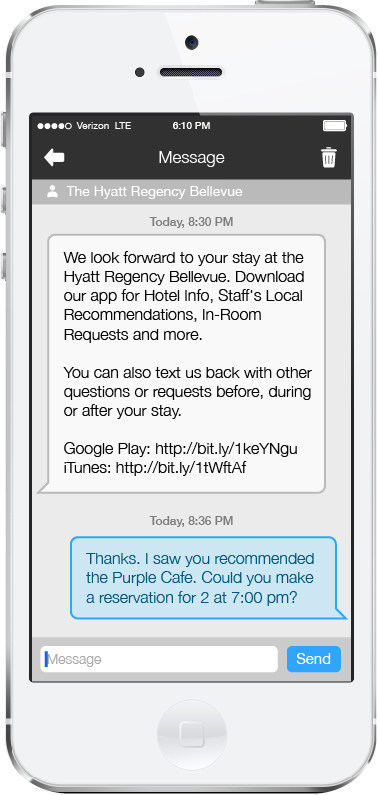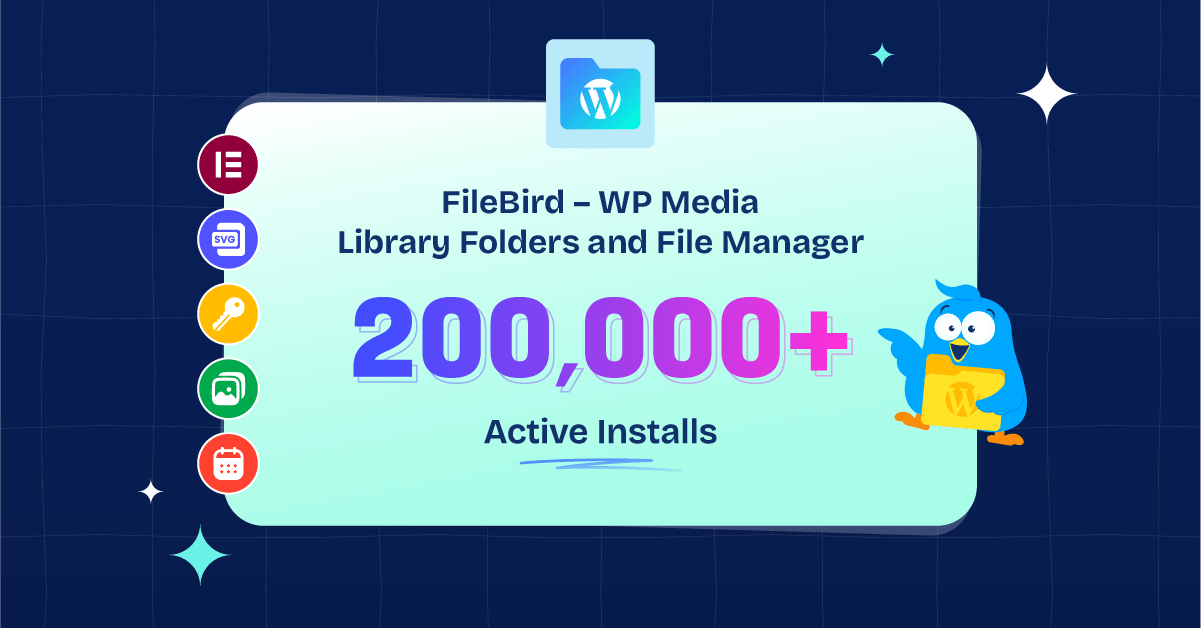Within the past year, hotel brands have made headlines for their adoption of various messaging channels, as well as for the development of their own messaging systems.
Consumers have taken quickly to messaging platforms like Facebook Messenger, WeChat, Snapchat, WhatsApp, Viber and others, on top of their existing SMS abilities. Hotels are realizing a great opportunity to engage and provide service to their guests by following suit.
Both Hyatt and InterContinental Hotels Group (IHG) use Facebook Messenger as part of their messaging strategies. Starwood EAME plans to add it as well.
Hyatt was also the first hotel chain to announce at the end of 2015 they are testing Facebook’s new “Businesses on Messenger” tool for guest service.
Hyatt has also been using Asian app WeChat to connect with the Chinese market. Shangri-La uses WeChat for content marketing campaigns.
Starwood has experimented with WhatsApp, as well as with Blackberry Messenger.
Other brands have added messaging functionality to their existing apps. Marriott International is testing this out, and it’s something Hilton plans to add to its app next year.
With their Lucy app, Virgin hotels let guests not only message hotel staff but also communicate with other guests, too.
Meanwhile, Kayak has taken the approach of launching a chatbot on the Facebook Messenger Platform.
How so?
The real-time, immediate and personal nature of messaging is part of what makes it such a compelling engagement channel for hotels. But messaging as a medium also has other characteristics that make it well-suited to guest engagement. It’s conversational, much like traditional interaction between guests and staff.
It’s also threaded and tied to an identity, which means context is retained. Staff can scroll through previous exchanges with a guest to recall preferences and previous requests. And, unlike phone calls and in-person communication, conversations in the form of messages between the guest and a hotel represent data that can, for the first time, be analyzed individually and in aggregate.
Messaging can help hotels improve guest satisfaction, by giving hotels the opportunity to take advantage of every request, suggestion, concern or compliment from guests. Since implementing messaging, Hyatt has enjoyed improved customer service ratings and higher net promoter scores. It can also – for the time being – still serve as a valuable differentiator between hotels and their competitors.
Instead of having to make calls to the front desk, hotels can use messaging as a means to proactively communicate with their guests, instead of simply reacting.
Messenger app can help hotels with guest recovery, by reducing comps and improving loyalty through engaging guests and resolving their concerns during their stay.
Messaging can help hotels improve revenue by actively engaging more guests throughout their journey and by driving more revenue through mobile marketing, loyalty programs and up-sell and cross-sell opportunities. Starwood, for example, has seen clear ROI from its messenger app. Since launch, revenue is up thanks partly to a rise in spend at on-property services, the company says.


